Our time with Antibiotics is almost up!
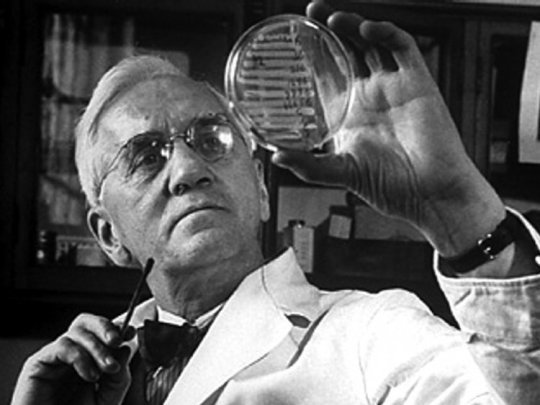
Let’s first start with the brief history of antibiotics:
There was once a time in history when simple and common diseases today, such as flu, had killed thousands of lives. However in 1928, Alexander Fleming had discovered the first antibiotic, penicillin, but it took over a decade later before the drug was introduced as a form treatment for diseases caused by bacteria and other bacterial infections. The introduction of penicillin was the genesis of the “golden era” of antibiotics, and in that era, most of the antibiotic classes we use as medicines today were discovered.
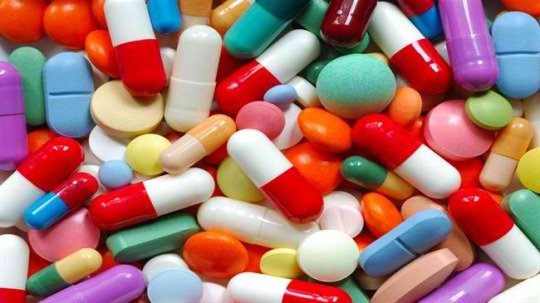
What are antibiotics then?
Antibiotics are medicines used to treat a wide variety of infections and diseases caused by bacteria. These drugs work by blocking imperative processes in bacteria in order to kill them, or stop them from multiplying. This then helps the body's natural immune system to fight off the bacterial infection. There are different antibiotics out there, and all of them work in different ways:
- Antibiotics that affect a wide range of bacteria are called broad spectrum antibiotics, the most common once include amoxicillin
- Antibiotics that affect only a few types of bacteria are called narrow spectrum antibiotics such as penicillin.
Different antibiotics work for different kinds of bacteria, for example, penicillin destroys bacterial cell walls; while other antibiotics can affect the way the bacterial cell works, usually to slower them down.
In the health care department, when dealing with diseases caused by microorganisms, the doctor often orders Culture and Sensitivity Test.
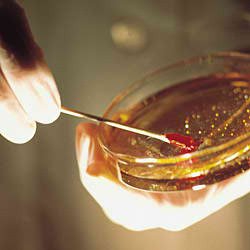
To define this in parsimony, a culture test is ordered to find the type of microorganism triggered the infection, while a sensitivity test checks to see what kind of medicine, such as an antibiotic, works best in the treatment of the infection.
That is why sometimes your doctor will do some tests to identify the exact type of bacteria causing your infection and its sensitivity to particular antibiotics, and choose a specific antibiotic for this. However, most of us only medicate ourselves with the antibiotics stored in our medicine cabinets and self-medicate ourselves without even consulting a physician. Now read this out,
Yes, you read that right! This is the most common mistake we tend to do: everytime we start getting well or feeling better we stop drinking our antibiotics. This simple action then becomes the major cause of something more serious, antibiotic resistance.Did you know that when you start taking up antibiotics, you should complete the treatment in 7-14 days as prescribed without skipping a dose?
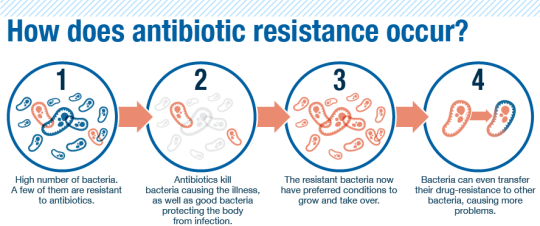
What is antibiotic Resistance?
Antibiotic resistance is the ability of a microorganism to stop the antibiotic from working against it. As a result, standard treatments become ineffective, infections persevere and may spread to others. This is not only true to antibiotics, but to antimicrobials in general! Antibiotic resistance happens when the bacteria mutate when they are exposed to the antimicrobial drugs. Since the microorganisms are now mutated, it is now harder to kill them if they remain in the body (hence the need to complete the full course of drugs as prescribed), consequently we need to advance the next antibiotic drug into a higher form.
But the issue today is, there are very few novel antibiotics under development. At the same time antibiotic resistant bacteria that survive antibiotic treatment are becoming more and more prevalent, making available antibiotics ineffective. Thus, we are inevitably facing a major health problem (WHO, 2016). The rise of antibiotic resistance is leading to infections that can no longer be treated with any antibiotics there are which can affect anyone, of any age, and in any country. With our irresponsibility in handling antibiotics, we will meet a future that is running backwards; to the era when antibiotics weren’t discovered yet, an era where simple infections and minor injuries could once again kill.
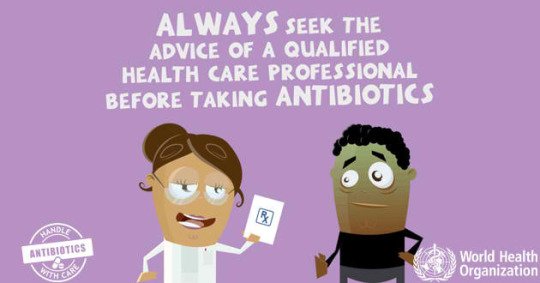
So let us repeat the mantra until we fully comprehend,
“I will be responsible with my antibiotics. I will take the complete course of my antibiotic treatment without skipping a dose as prescribed by my physician.”
I hoped we learned something gravely important today! Happy steeming !
Being A SteemStem Member
Thank you for this! Will surely write more next time! 😊
This is a really important topic that so many people simply do not understand in full, I wrote about it a while ago but I'm always super glad to see people picking up the problem and spreading the work :)
Great work!
I agree! Just thinking about a future where no antibiotics can treat even a simple ailment is so dreadful. We have been depending on antibiotics all our lives either for prophylaxis or direct treatment. There are really a lot of cases like this in the hospital where we duty.
Reasoning why my doctor always say to complete the 7 days or else. Last time I got sick I made sure to go thru the process. Before I used to forget to take the antibiotics on time and even skipped days. Good read. Cheers!
Yes I guess in some point of our lives we've skipped our antibiotics. But it is also good to know that many people are now getting aware of this growing issue. This is actually more serious than it seems